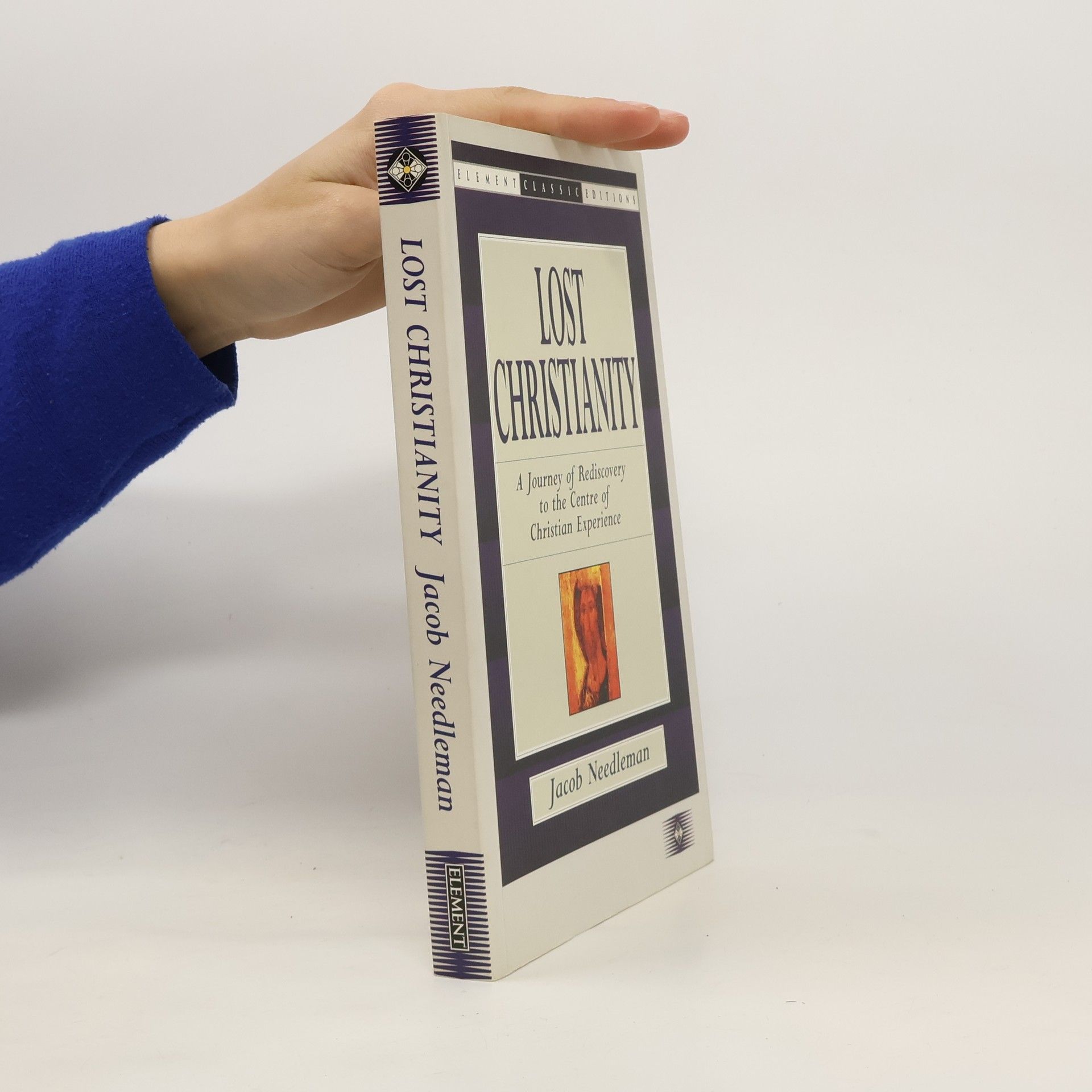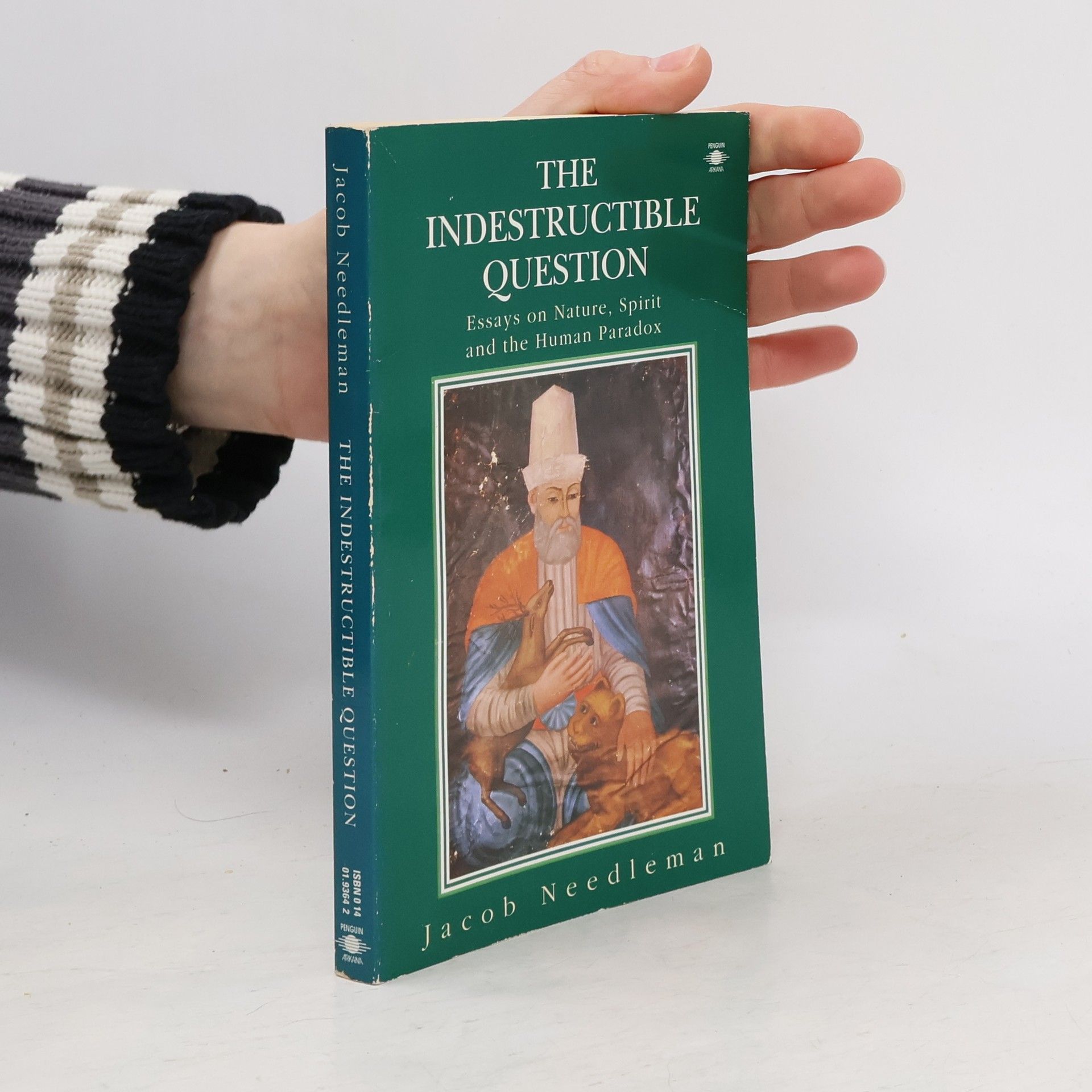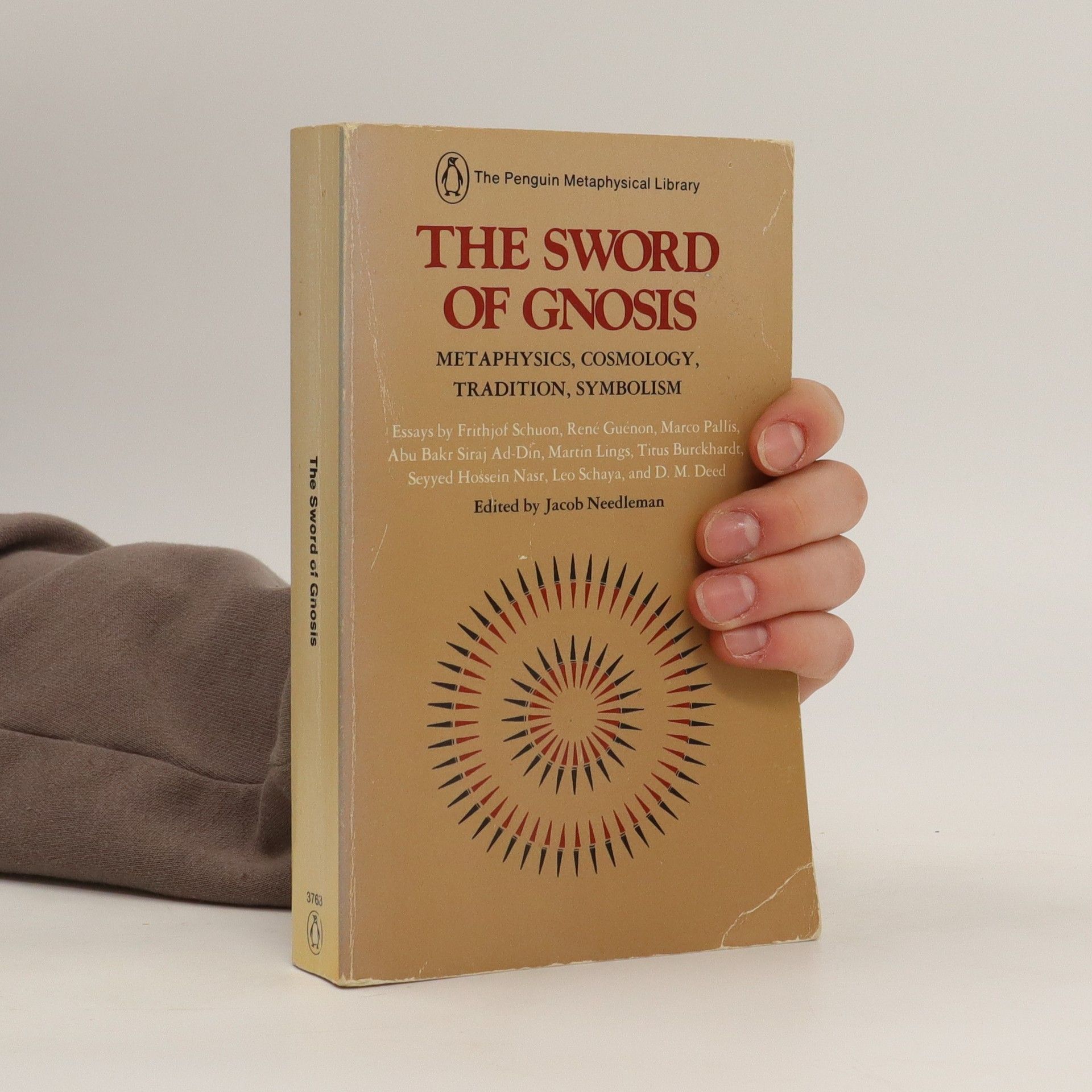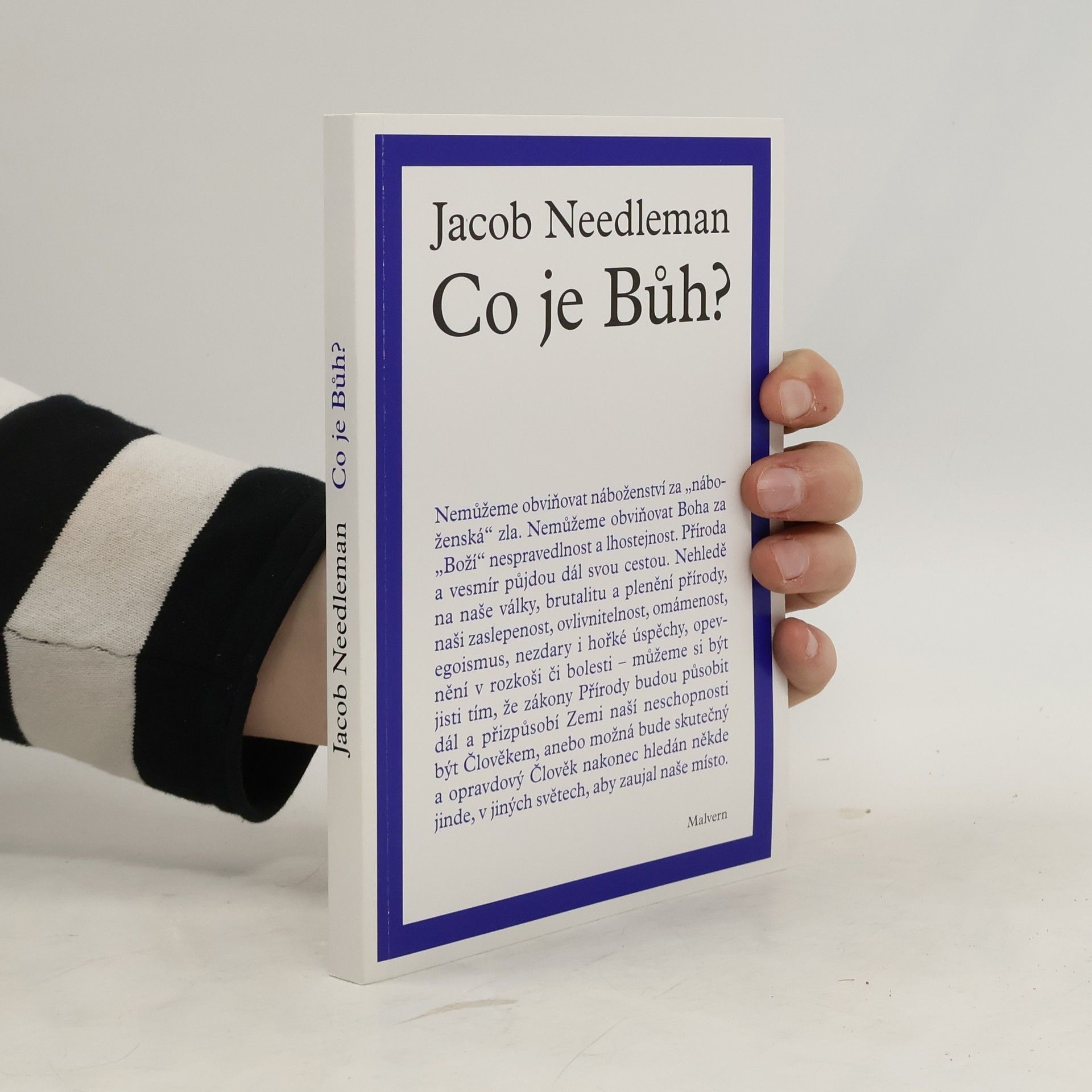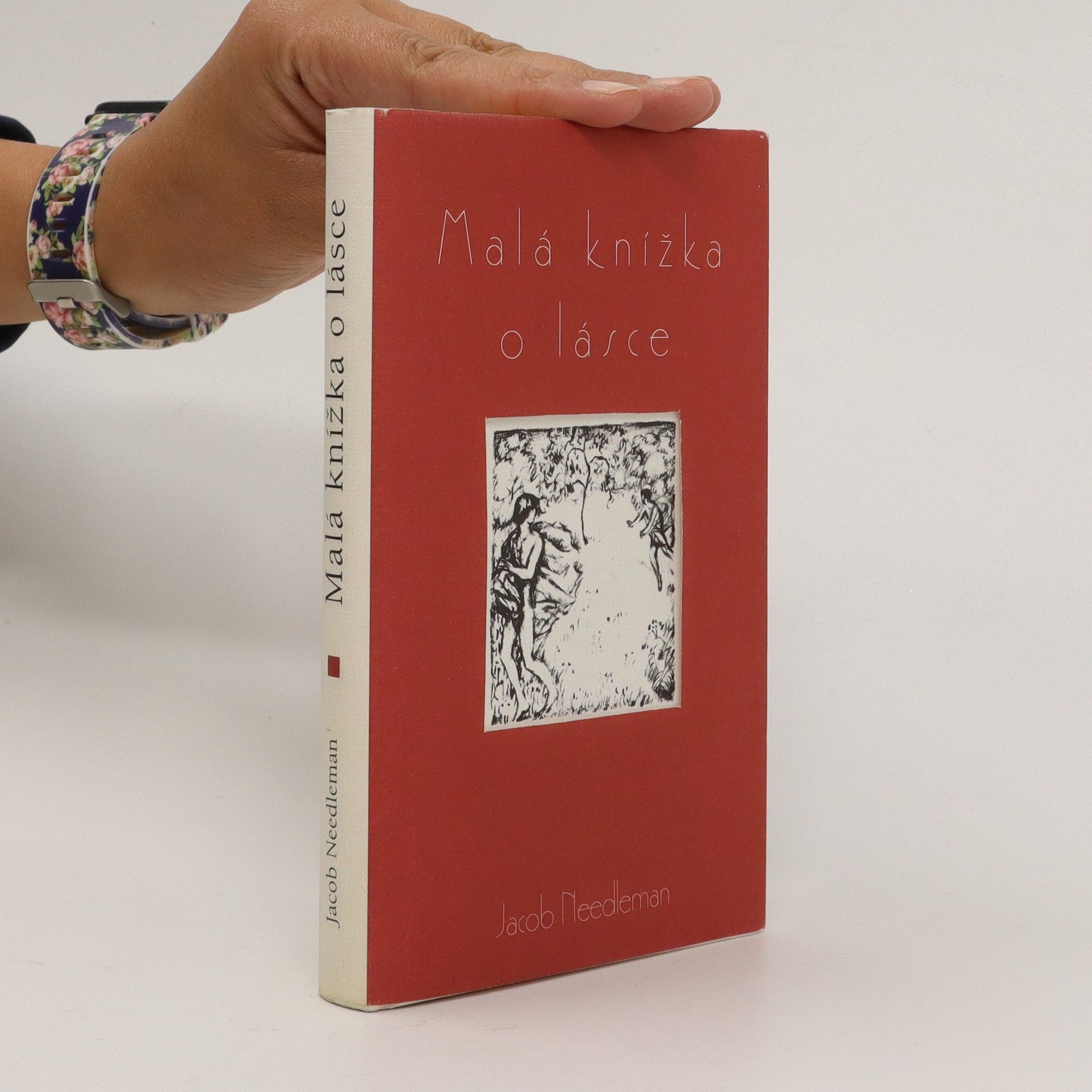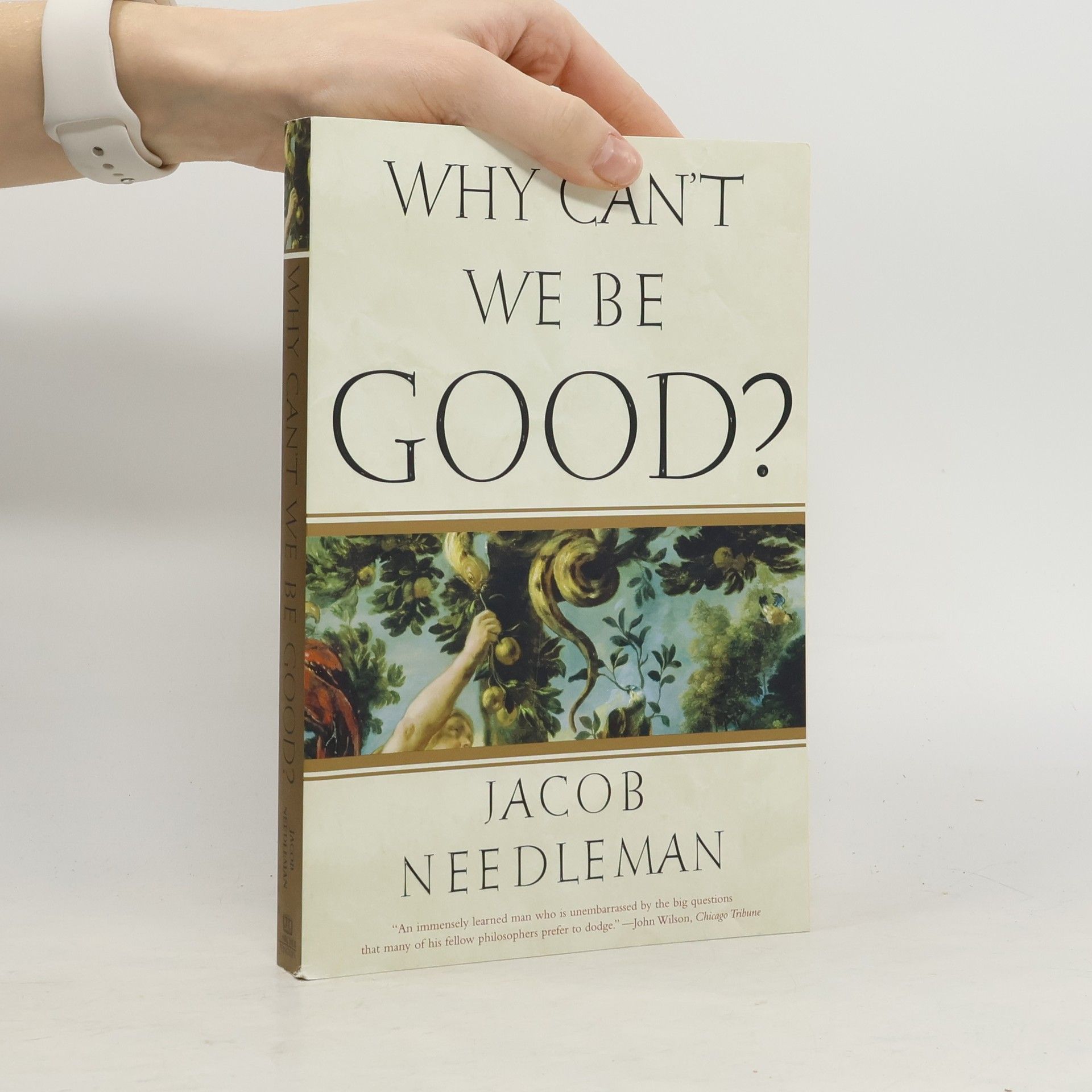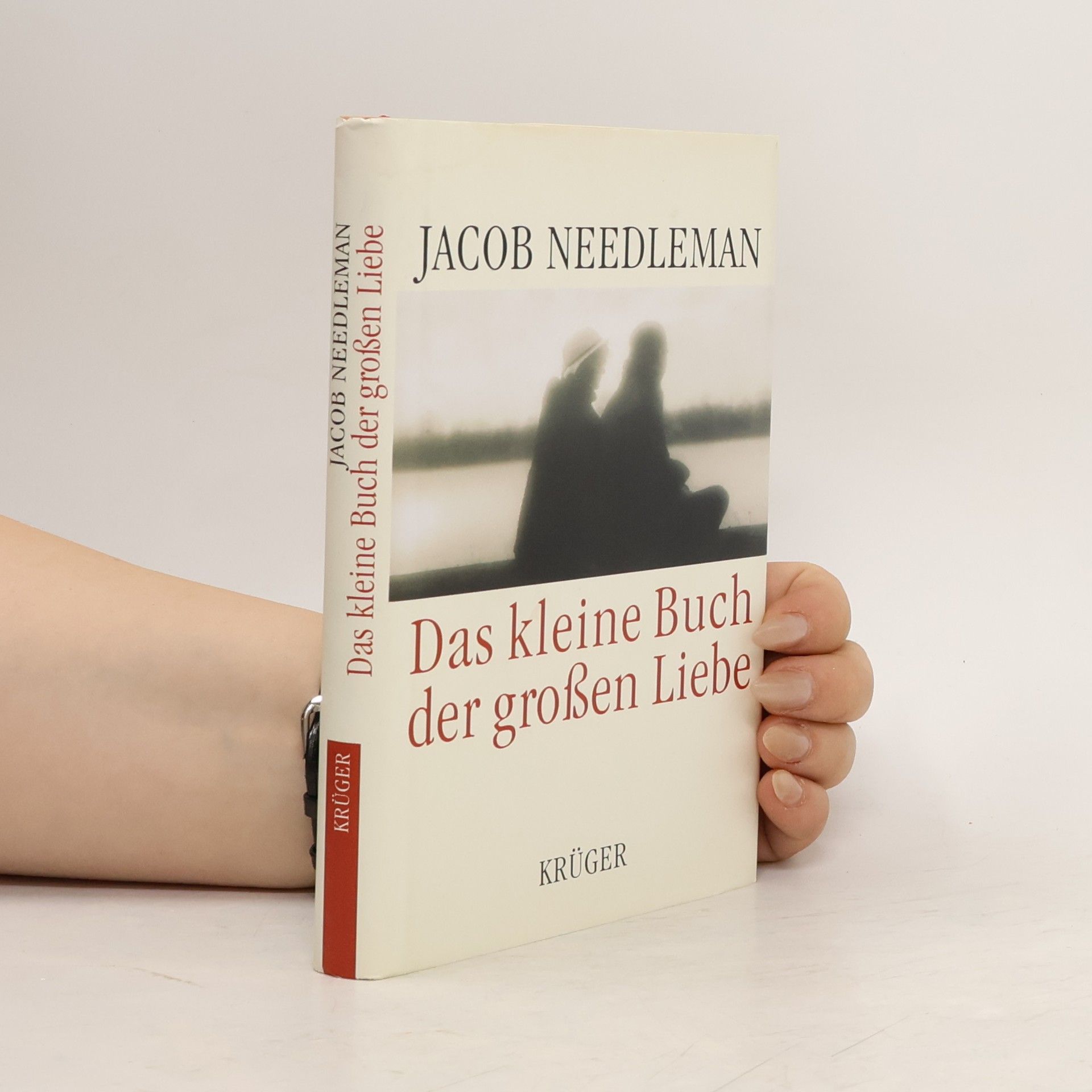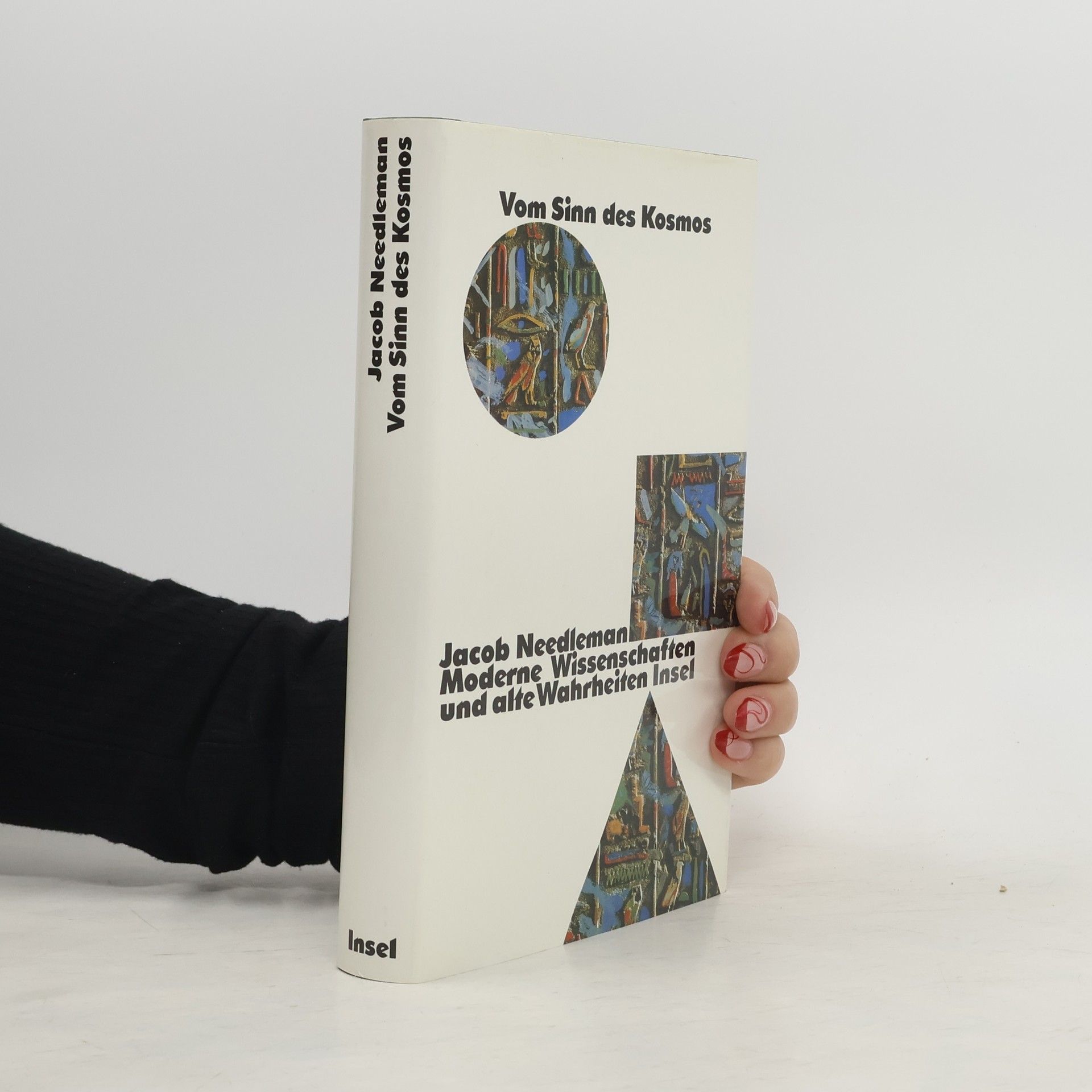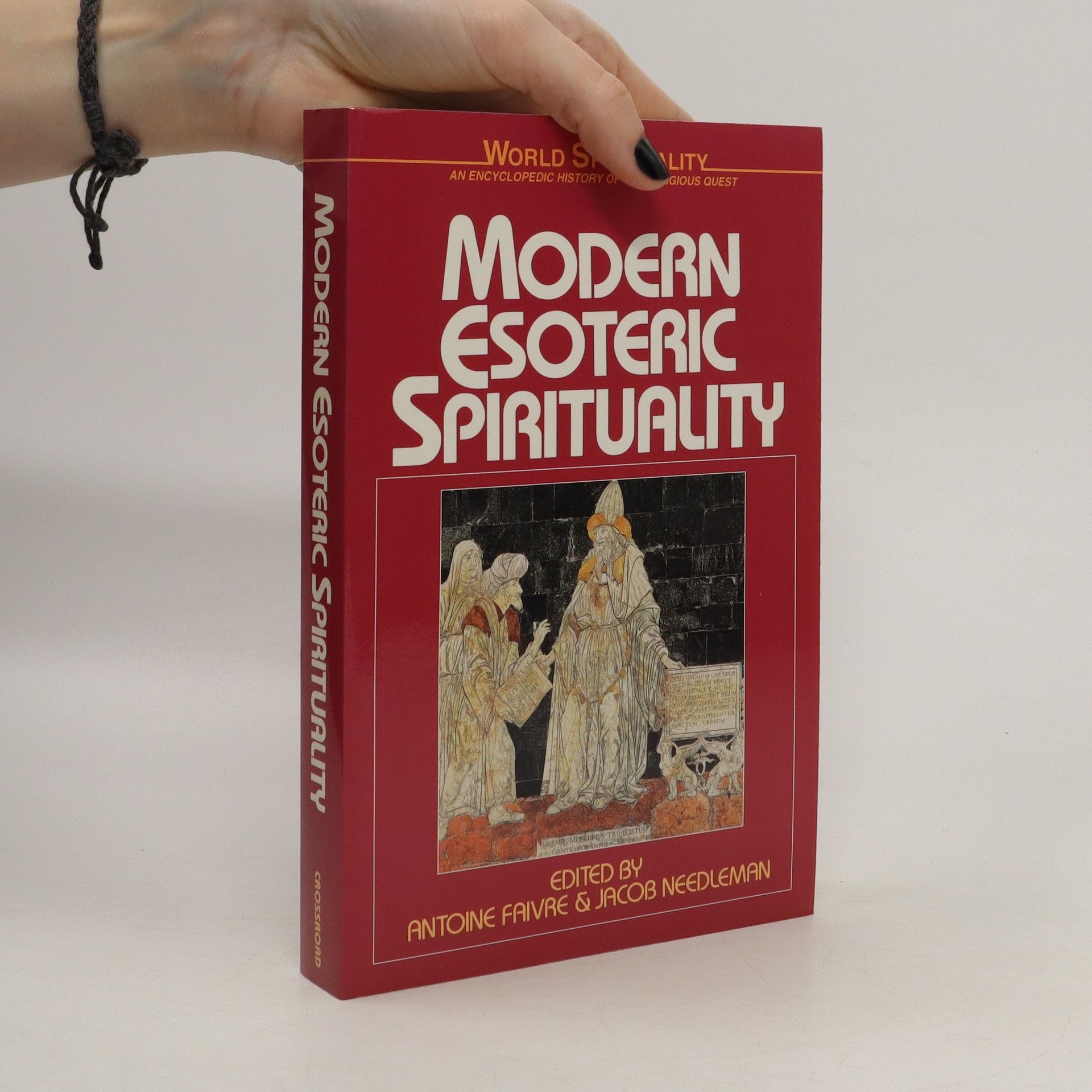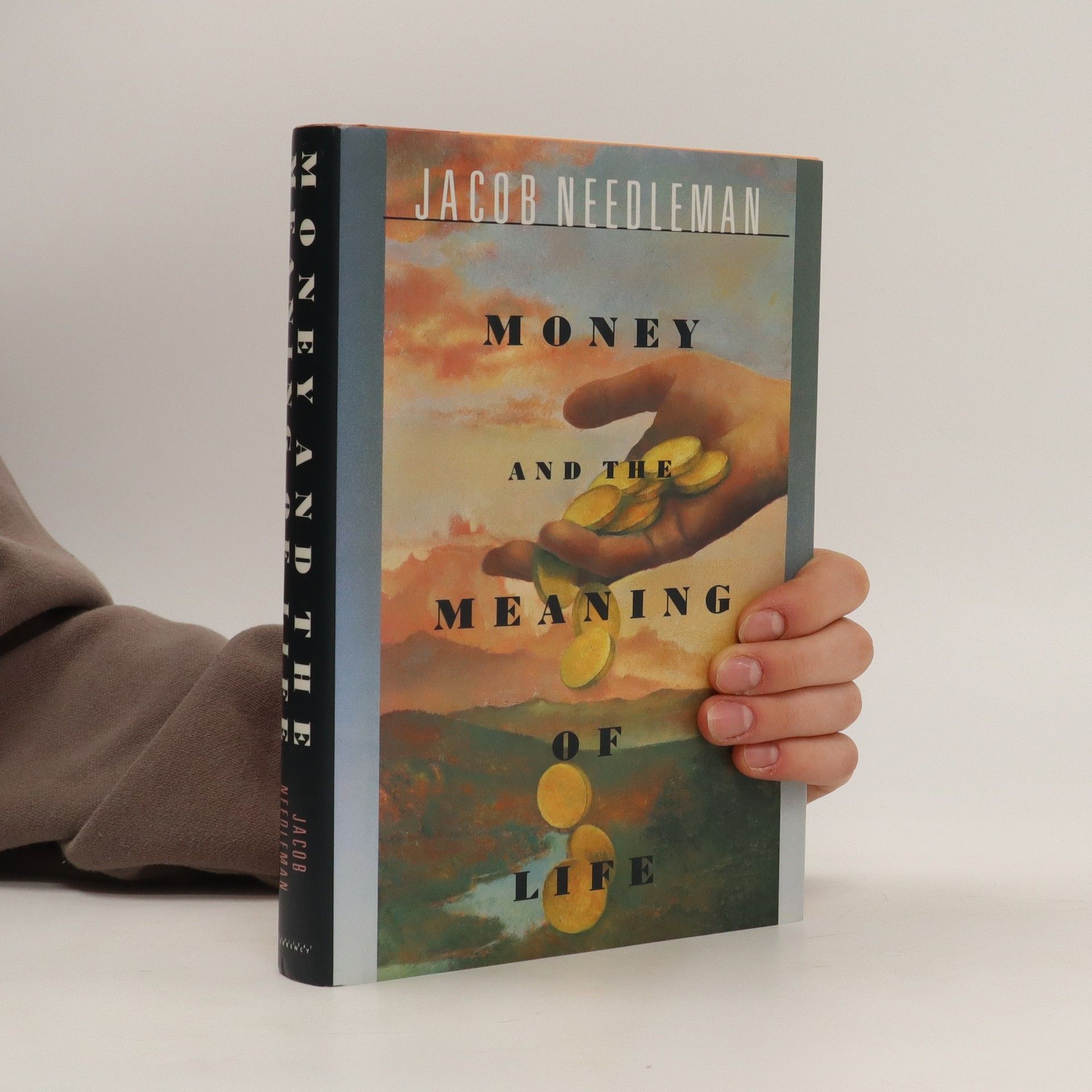Co je Bůh?
- 202 stránok
- 8 hodin čítania
Významný americký filosof a religionista Jacob Needleman ve své autobiografické knize zkoumá, jak rozumět náboženským idejím v současnosti. Vstupuje do 50. let, kdy jako mladý student na Harvardské univerzitě odmítal religiozitu. Znepokojující setkání s učitelem zen D. T. Suzukim a učením G. I. Gurdžijeva ho přimělo hlouběji prozkoumat náboženské myšlenky, které považoval za mrtvé. V tradičních náboženských textech objevil jádro myšlenek, které jsou vyzrálejší než to, co spojoval s judaismem, křesťanstvím či východními náboženstvími. Needleman si uvědomil, že myšlenky a slova nestačí, neboť nemohou zabránit nenávisti a zoufalství. Tento vhled ho vede k tomu, že pro sdílení náboženské zkušenosti je nutná změna povahy lidské zkušenosti a struktury našeho vnímání. Kniha se stává současným příspěvkem k filosofii náboženství a esejistickým „vyznáním“, které přibližuje význam potřebné změny a ukazuje, jak naše zmatení ohledně účelu náboženství a konceptu Boha odráží psychologický hlad po kvalitě myšlení a zkušenosti. Díky autorově upřímnosti a vzdělání se tato silná výpověď stává sondou do duše dnešního člověka a vodítkem k hledání odpovědi na otázku: Co je Bůh?

